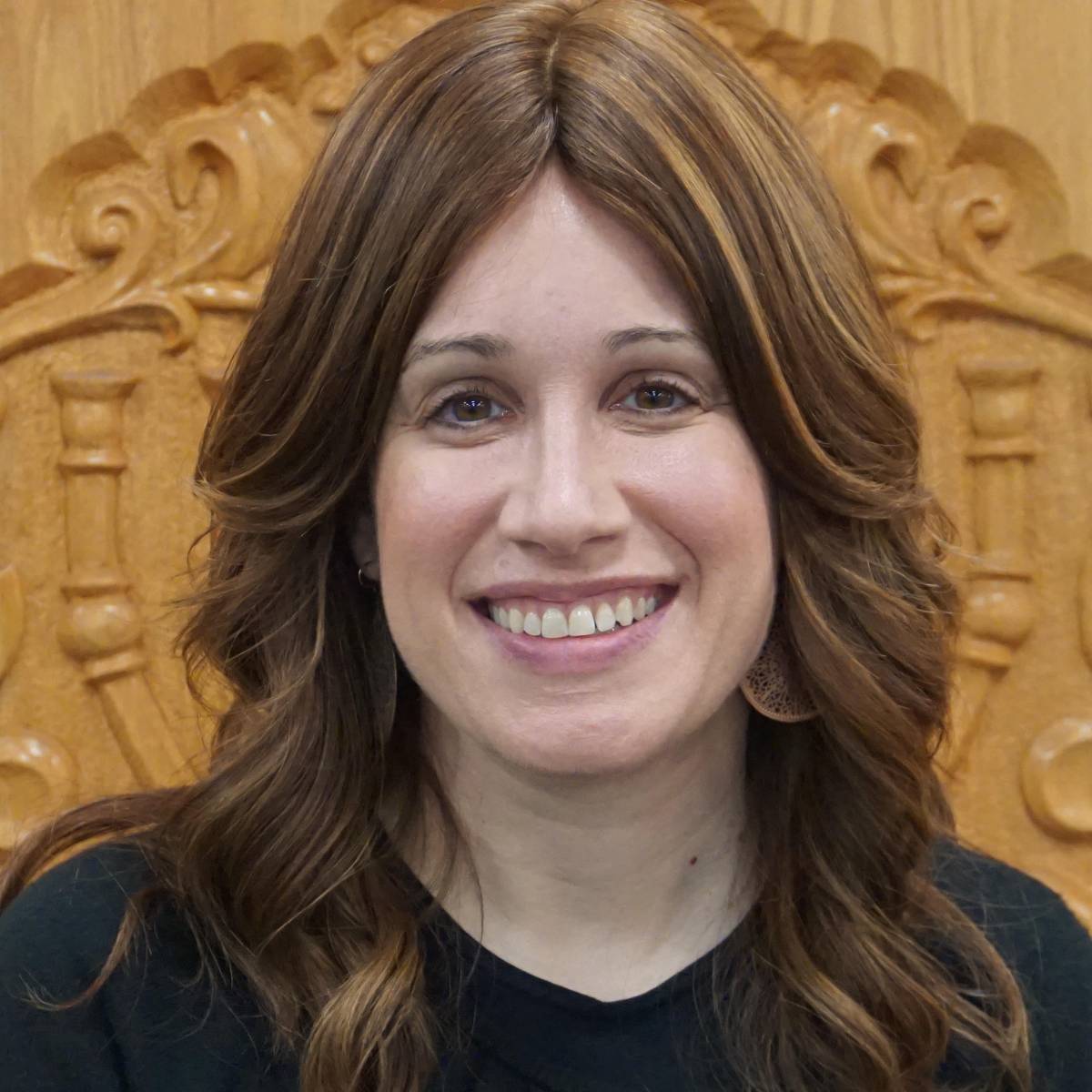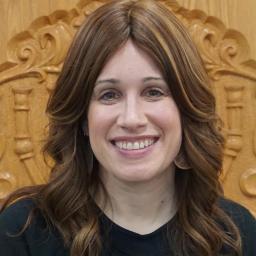By Bethany Strulowitz
I think we can all agree that these past weeks have been nothing short of exhausting. The marathon days, the late nights, the endless calls to tech support, the communications to parents, the worry over our students’ well-being. All of this in addition to caring for our families and for ourselves make us all want to crawl into bed and forget Covid-19 ever reared its ugly head.
Nothing has forced us into a perpetual and endless state of intense and intensive professional development quite like the pandemic coronavirus. It has challenged us in ways quite possibly never before imagined as we have been forced to essentially create and design new schools and new classrooms overnight.
And yet.
I can’t help but think that this exhausting experience is handing us a gift. Patience. Persistence. Resilience. Flexibility. Self-compassion. The transformative power of a growth mindset.
We often talk about how to instill a growth mindset in our students because we intuitively know that fostering a growth mindset in our students is the key to developing an intrinsic motivation towards learning. Now, we are able to live our students’ experiences by practicing it for ourselves most intensely.
What are some attributes of a teacher with a growth mindset?
Take responsibility for improving teaching practices. Create a growth vision. Set attainable goals that objectively measure growth. It could mean learning how to use a breakout room in a Zoom session or checking in daily with the students in your class.
Actively seek learning opportunities and new challenges. Young children know that asking questions, expressing their innate curiosity, is the engine that drives learning. But somewhere along the way to adulthood, we learn to only ask questions when we don’t understand something, not when we are seeking to learn more. Kolb’s experiential learning cycle reminds us that, just as we encourage our students to explore, experiment, and problem solve, we should actively search for learning opportunities that will enable us to explore and experiment as well.
Take risks. In the words of noted research professor and author, Brene Brown, vulnerability is the birthplace of innovation, creativity, change, and joy. When we give ourselves permission to become vulnerable and try something new, we open a door to unimagined opportunities.
Celebrate failure. View setbacks as an opportunity to grow. That didn’t work. What could I try tomorrow? A key component in developing a growth mindset is building in time for self-reflection. Reflecting on what we learn from the process is almost more valuable than whether the new idea was a success or a failure. It may guide us to a new mountaintop with even more promising vistas.
Collaborate with others. Adam Grant argues that effective, efficient, and meaningful collaboration can be the single greatest predictor of success. Let’s find strength and inspiration in the successes of our colleagues.
Practice self-compassion. Recognize that we are doing the best we can. Acknowledge that tomorrow brings a new day with new opportunities and new lessons.
As we continue to unwrap the many layers of this uniquely transformative gift of a growth mindset, let us continue to look to each other for support, for strength, for guidance, and for kindness. We are in this together.



 Bethany Strulowitz is the Director of Campus Life at Yeshivah of Flatbush Elementary School, and she is also the Chinuch Director and Camp Rebbetzin at NCSY Camp Maor. She is a doctoral candidate in Educational Leadership and Administration at Azrieli Graduate School of Jewish Education, and was a participant in the 2015-2016 YU Lead program.
Bethany Strulowitz is the Director of Campus Life at Yeshivah of Flatbush Elementary School, and she is also the Chinuch Director and Camp Rebbetzin at NCSY Camp Maor. She is a doctoral candidate in Educational Leadership and Administration at Azrieli Graduate School of Jewish Education, and was a participant in the 2015-2016 YU Lead program.